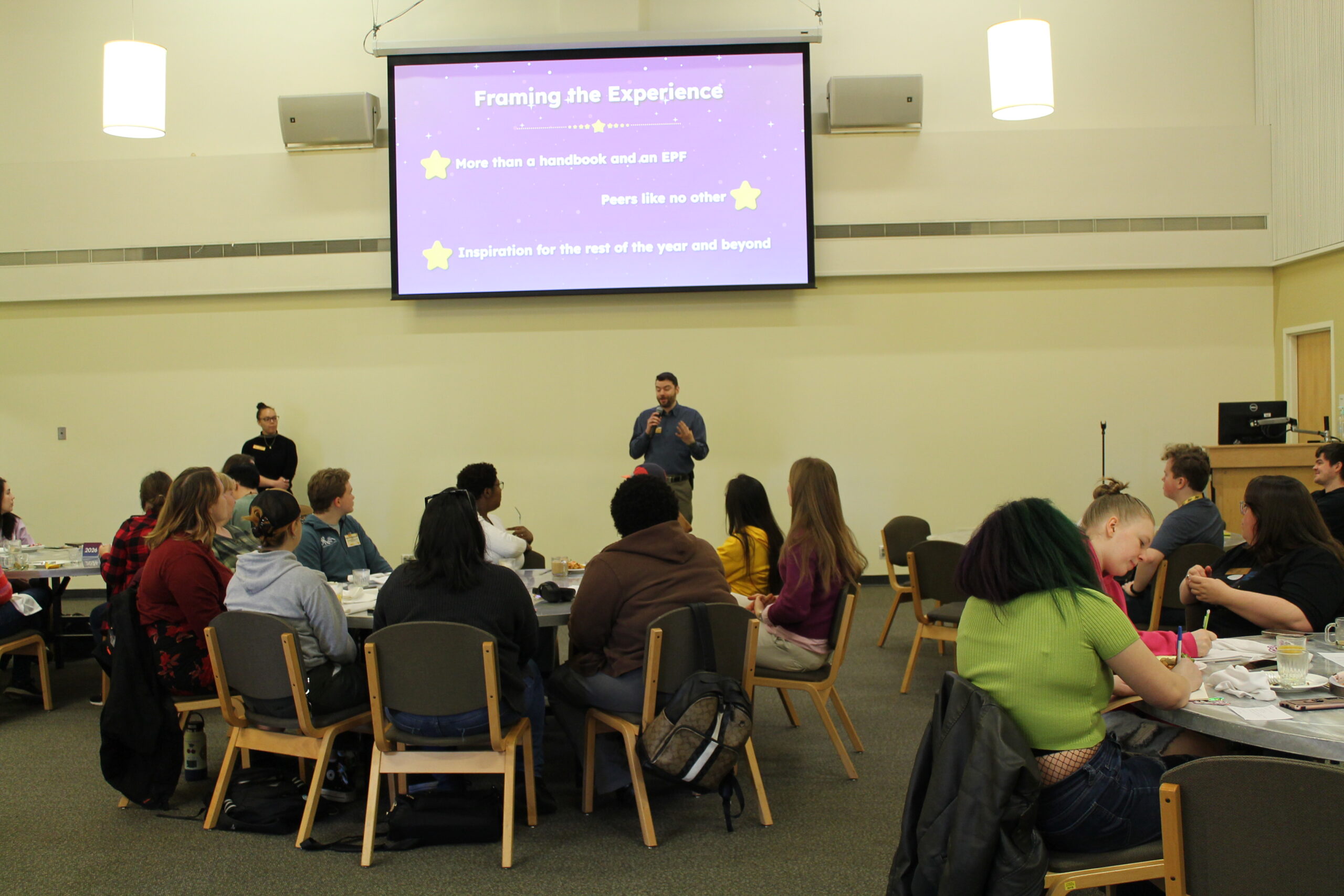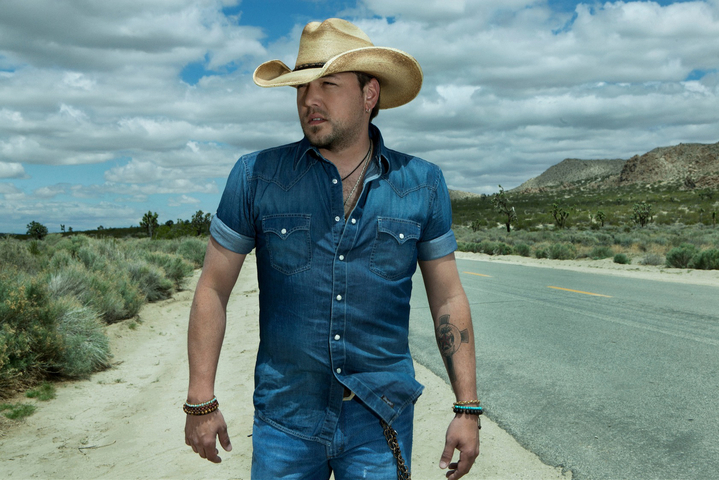In my first year at Pacific Lutheran University, I am all-too-accustomed to hearing the term “freshman.” I’m lucky to be at a school, however, that refers to us as first-year students.
It’s necessary that I’m given the title of first-year, and not freshman, because—if my name didn’t give it away—I’m not a man. This outdated title suggests the youngest class, at both the high school and university level, is made up solely of men.
In 1947, only 29 percent of students enrolled in the fall at degree-granting institutions were female, according to the National Center for Education Statistics.
Women steadily made their way into college classrooms. By the late 1970’s, enrollment numbers for men and women were equal. In 2009, women comprised more than 57 percent of fall enrollment, according to NCES.
I’m not called a freshwoman, though that title would be more accurate, for the same reason that the human race is referred to as mankind. Masculine language is a societal standard reinforced by religion and politics. It’s ingrained in my mind, and I’m not the odd man out in that regard.
Outdated terminology, such as freshman, is degrading and inaccurate. It suggests that women are less than men. Less able to perform jobs — policeman, postman, fireman — and that men, not women, have a place in education and the workplace.
The second edition of Webster’s New International Dictionary, which takes up as much space on my shelf as the entire “Harry Potter” series, says this on freshmen: “A novice, one in the rudiments of knowledge; a student during his first year, as in a college or university.”
I’ll give the editors a bit of a break, as the dictionary was published in 1934 when men dominated post-secondary education. I can’t afford today’s universities the same grace.
Universities in Washington state, including Washington State University, University of Washington, Western Washington University and Seattle Pacific University, refer to first-year students as “freshmen” on their websites.
Women’s Center Director Jennifer Smith said PLU’s use of “first-year” instead of “freshman” is important to removing the gender connotation as well as the implication that a first-year student is immature or juvenile. By using the term “first-year,” Smith said, students in their first year at a university are accurately described as such.
Male freshmen aren’t dominant at our school, where, according to the U.S. News College Rankings, only 38 percent of all students enrolled are male.
It’s time for the term “first-year” to become the standard, not the alternative.

















